Maine’s largest annual Martin Luther King Jr. celebration drew 680 people to the Holiday Inn by the Bay in Portland on Jan. 21 for a program focused on the intersection of race and poverty.
The 38th annual dinner, organized by leaders of the NAACP in Maine, was restructured a bit from previous years to avoid having a head table of presenters and a 40-page program booklet full of advertisements. “We’re trying hard to fulfill Dr. King’s dream where rooms are not segregated by how much you pay for a ticket,” said event organizer Rachel Talbot Ross, president of the NAACP’s Portland branch. Thirty-four event sponsors were listed in a single-page program, from the ACLU of Maine to the University of Southern Maine.
The evening’s program, “The Fierce Urgency of Now: Race, Economic Justice and Political Power,” highlighted the ways in which race is still a factor in economics and politics. Presenters included local representatives of the Poor People’s Campaign, which King co-founded in 1968, as well as children from the Portland Housing Authority Study Center, longtime leaders of the NAACP in Maine and clergy from multiple faiths.
“Dr. King was a transformational figure in the life of our country who sought to bring people together irrespective of race and class, promoting justice and freedom for all persons,” said Rev. Kenneth Lewis of Green Memorial AME Zion Church in Portland. “We really need to do all we can to create what Dr. King called ‘beloved community’ when we care for one another, lift up those who are fallen and look after those who are less fortunate.”
Gov. Janet Mills talked about how she had been at a naturalization ceremony at King Middle School in Portland a few days earlier, witnessing that proud moment when 46 people of all ages, religions and races, from 31 countries, took the oath to become U.S. citizens.
“Dr. King, I think, would welcome them,” Mills said. “And he would tell us to love them just as we love our neighbors who have been here for decades, those who have lived here for centuries, just as we love and respect our indigenous friends who were here before that. Freedom comes in many forms and is not easy to achieve.”
Keynote speaker Naomi Walker, director of Economic Policy Institute’s Economic Analysis and Research Network (EARN), referenced Dr. King’s speech “The Other America” and gave examples of the economic disparity that persists today.
“We’re going to have to confront race if we’re going to get serious about creating an economy that works for all of us,” Walker said. “Economic injustice is the inevitable course of racial injustice.”
Her recommendations for Maine to close the racial wage gap include supporting workers’ ability to join unions, strengthening the Department of Labor, guaranteeing equal pay for equal work across race and gender lines and removing barriers that make it difficult for people with criminal records to find work.
Amy Paradysz is a freelance writer and photographer based in Scarborough. She can be reached at:
amyparadysz@gmail.com
Send questions/comments to the editors.

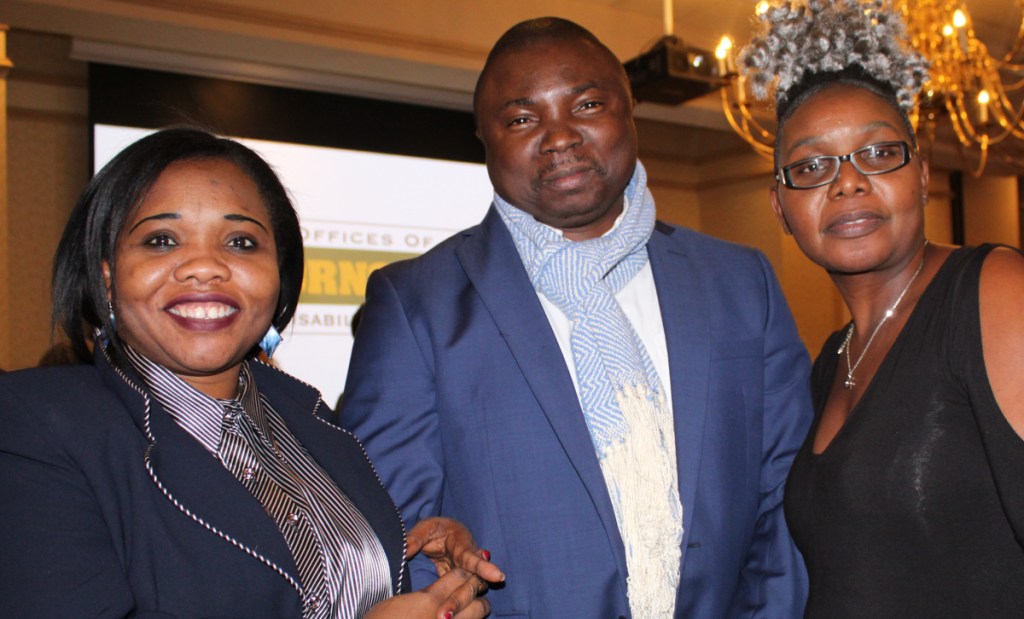
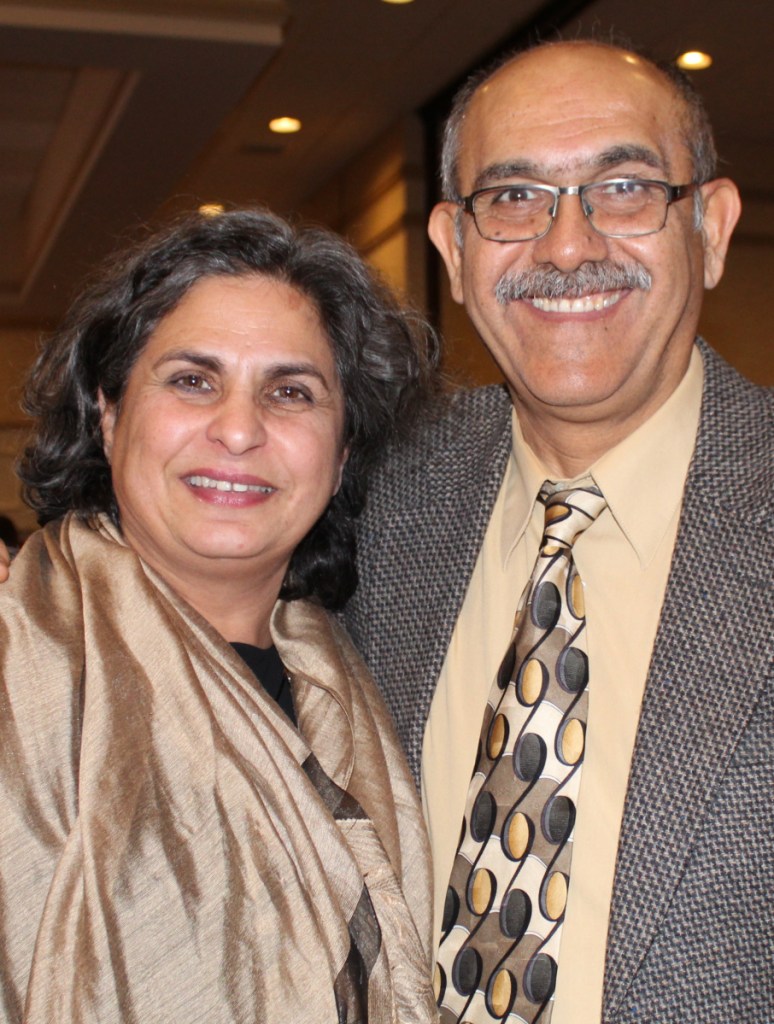
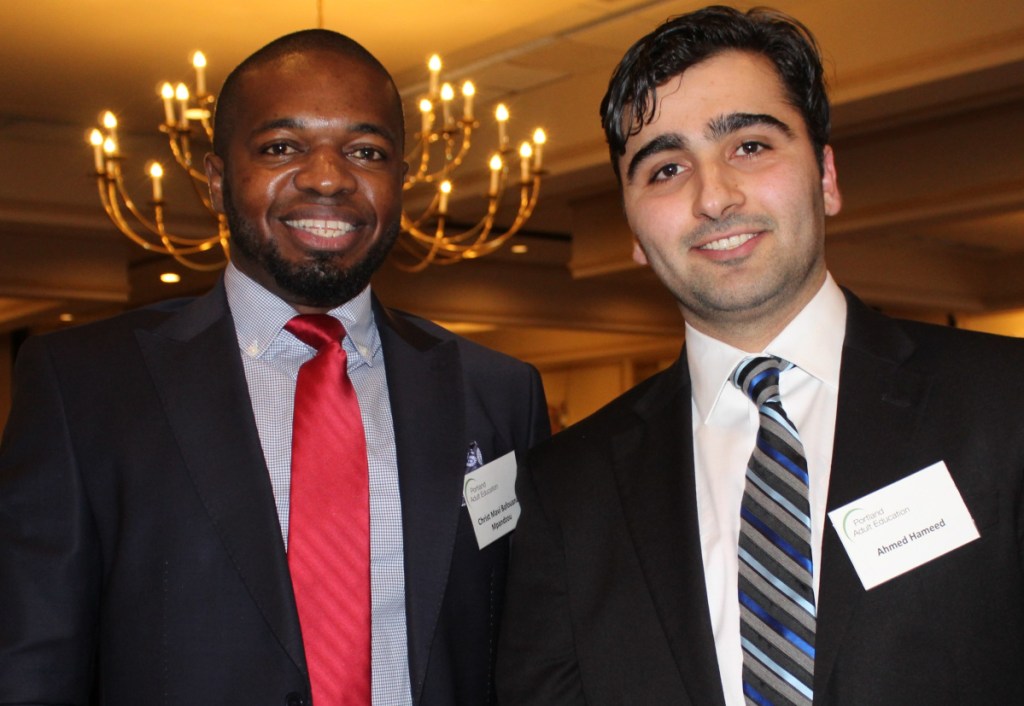
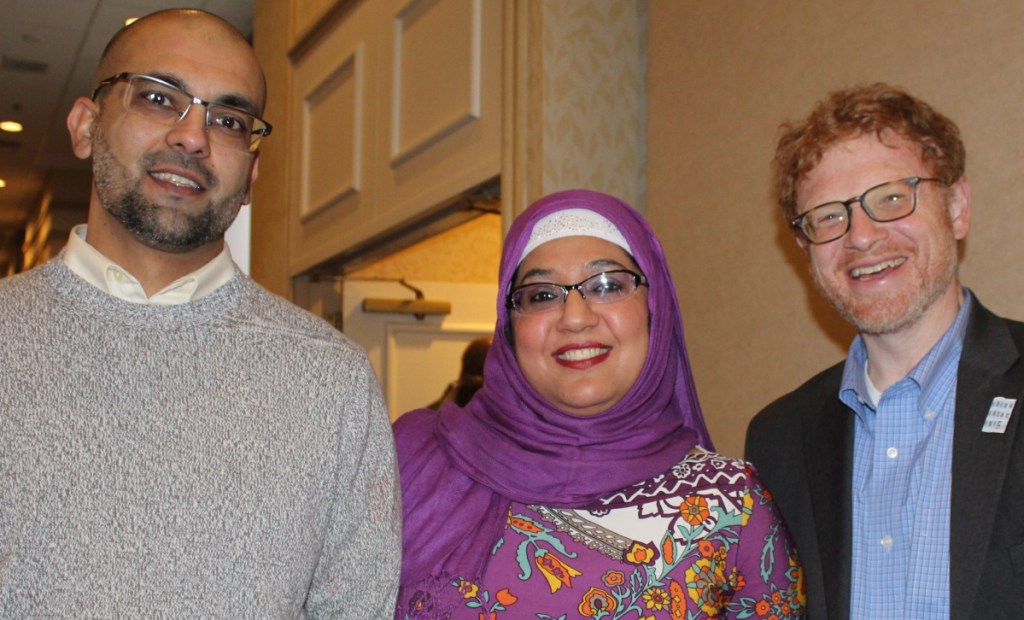
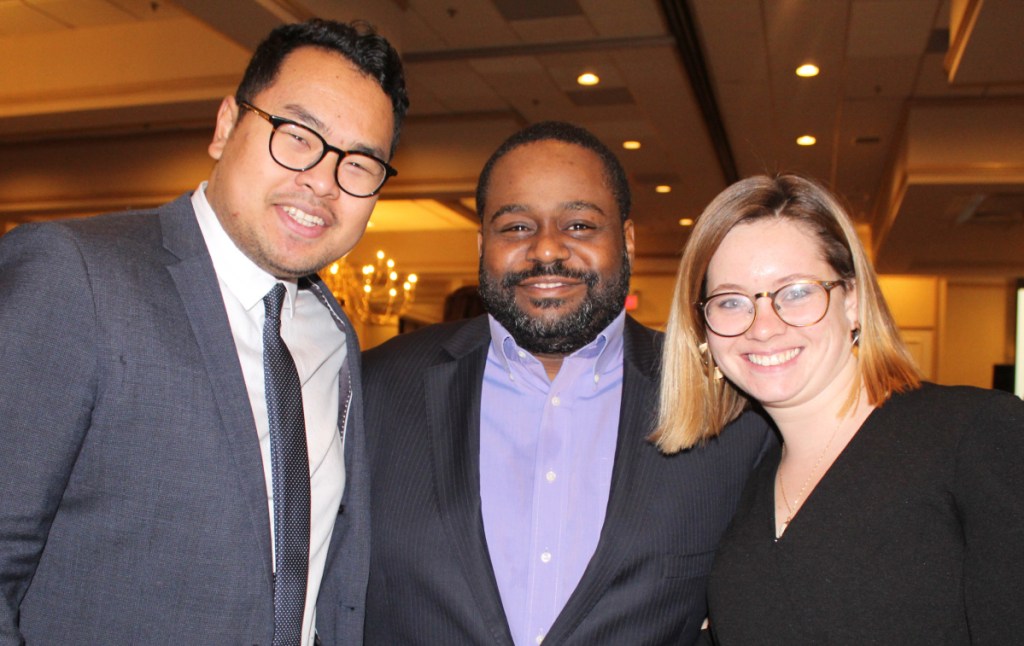
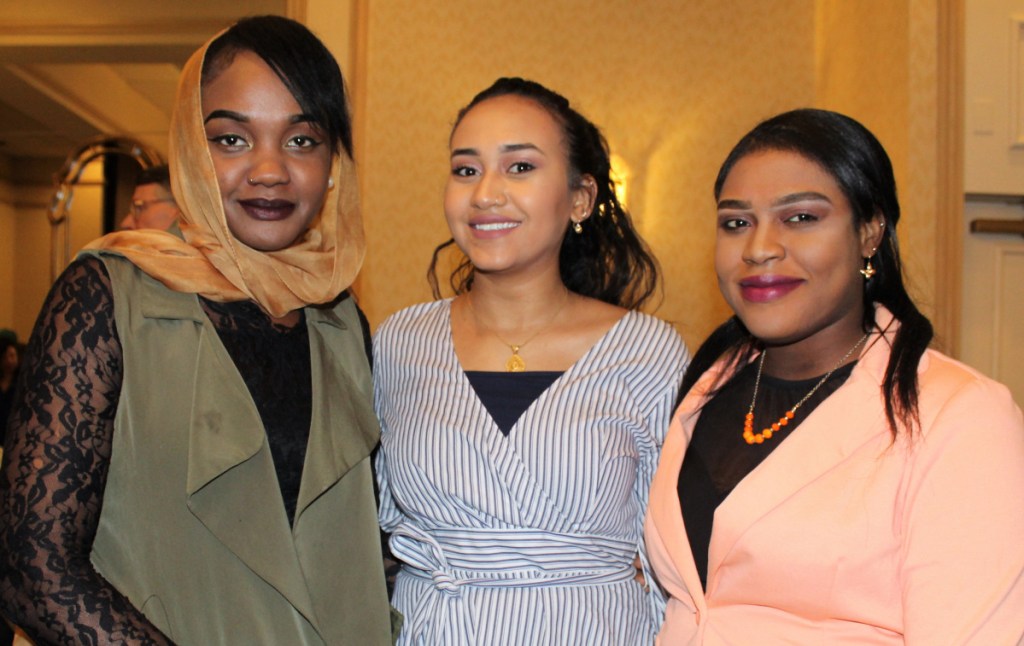
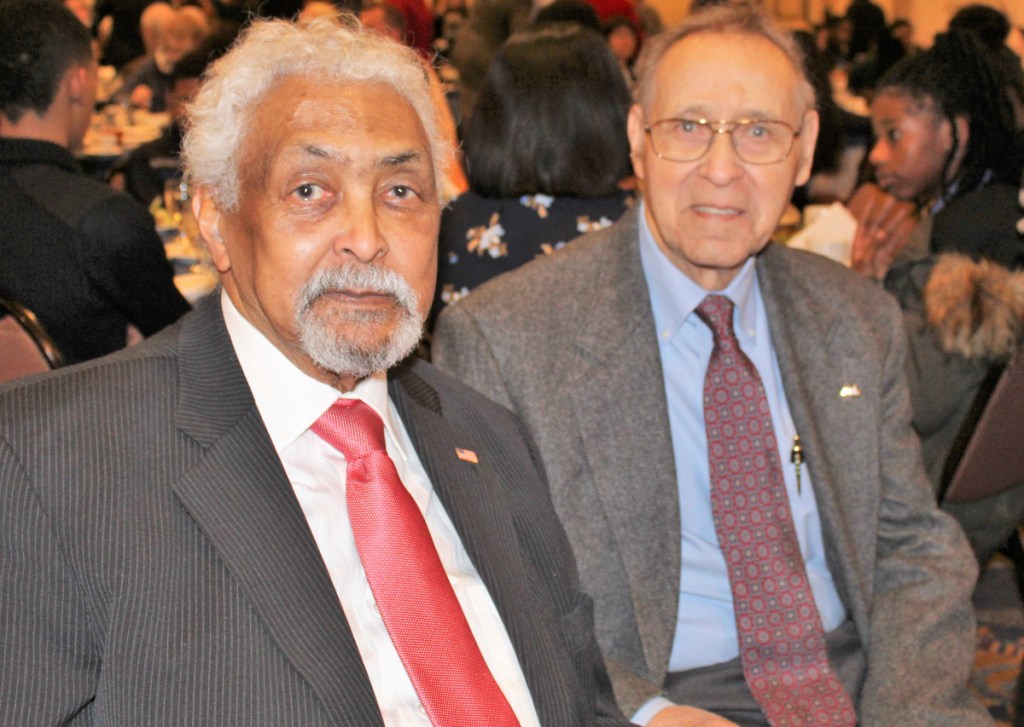
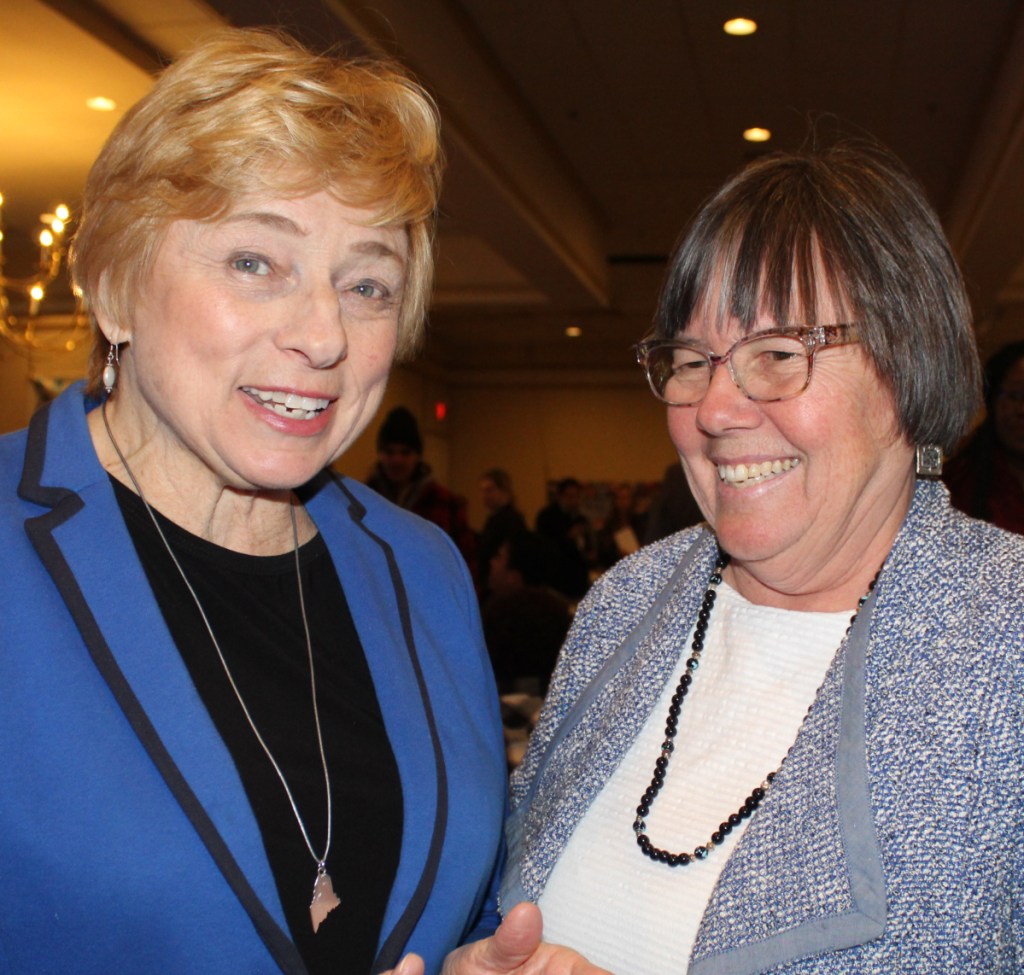
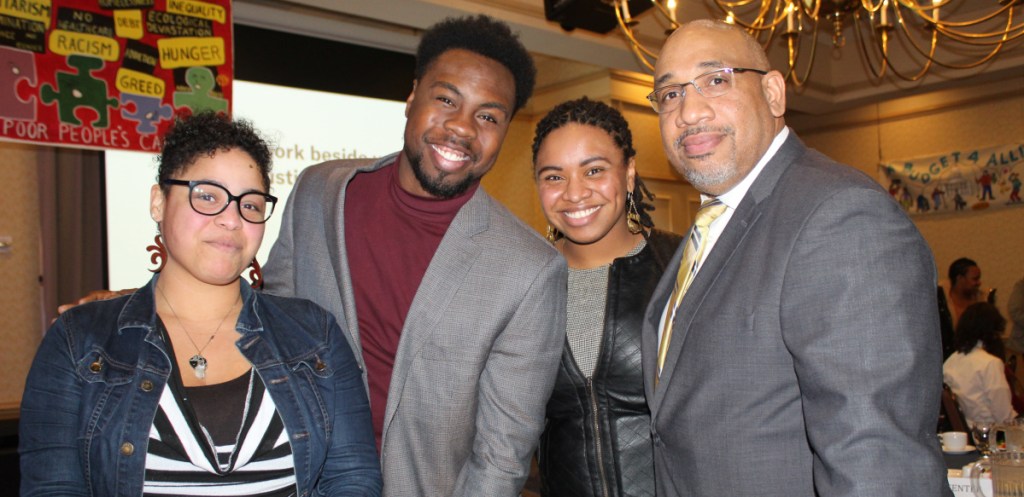
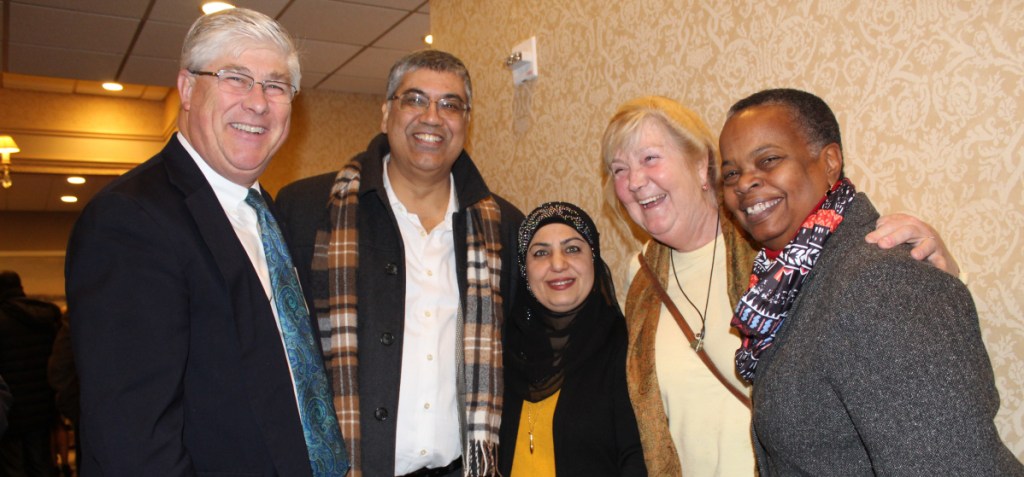
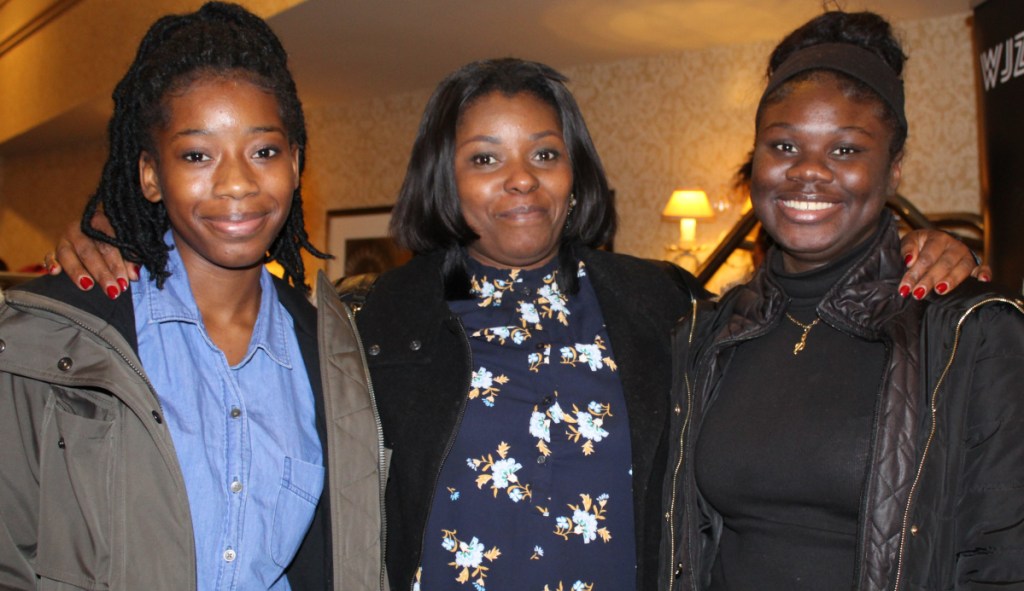
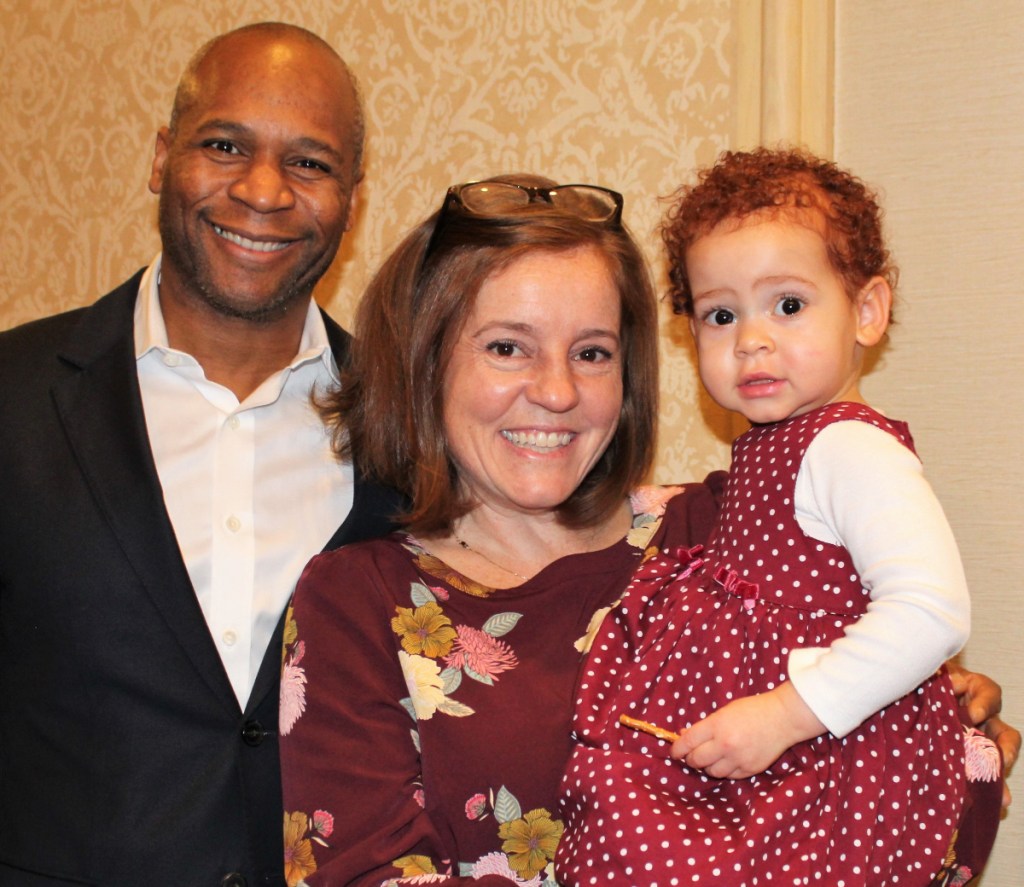

Comments are no longer available on this story